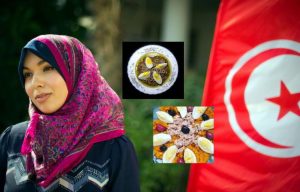On Saturday 25th March, the diocesan phase of the cause of beatification of the Servant of God Father Ezekiel Ramin, a Comboni missionary killed in Brazil on 24th July 1985, concluded. “After more than thirty years the memory of Father Ezekiel is still very much alive, especially among indigenous peoples and farmers”.
The official act took place in his home parish, St. Joseph’s church in Padua, in the presence of members of the diocesan ecclesiastical Court, Comboni representatives, missionaries and many believers. The courtroom proceedings will now be delivered to the Congregation for the Causes of Saints.
Born in Padua on the 9th February 1953, Ezekiel Ramin entered the Comboni Missionaries in 1974 and took his first vows on 5th June, 1976. He continued his formation with experiences in Uganda, the United States, and Mexico. On 15th May, 1980 he professed his perpetual vows, and on 28th September of the same year, in Italy, he was ordained a priest. On 20th January 1984 he arrived in Brazil, and then went to Cacoal in Rondonia, where he takes to heart the problem of indigenous land distribution.
Fr. Ezekiel was brutally killed on 24 July 1985 as he was returning from a mission of peace: he had met some landless farmers who had occupied part of the Fazenda Catuva, on the border with the state of Mato Grosso, and had asked them to withdraw. A few days later Pope John Paul II describes him as a “martyr of charity”.
After more than thirty years, the memory of Father Ezekiel is still very much alive, especially among indigenous peoples and farmers. His figure still animates and illuminates the faith and commitment of Christian communities and popular organisations.
Father Ezekiel once wrote in a letter: “I am on a journey with a faith that creates like the Winter creates Spring. Around me the people are dying while the landowners increase, the poor are humiliated, the police kill the peasants and all the reserves of the Indios are being invaded. Like the Winter, I create Spring. My eyes find it hard to see the history of God here on earth. The Cross is the solidarity of God which assumes the process and its pain, not to make it last forever but to end it. The way he wants to end it is not by force or dominion but the way of love. Christ lived and preached this new dimension. The fear of death did not make him desist from his project of love. Love is stronger than death”.





